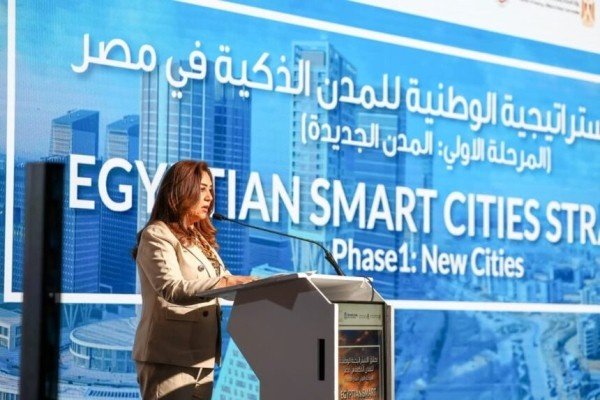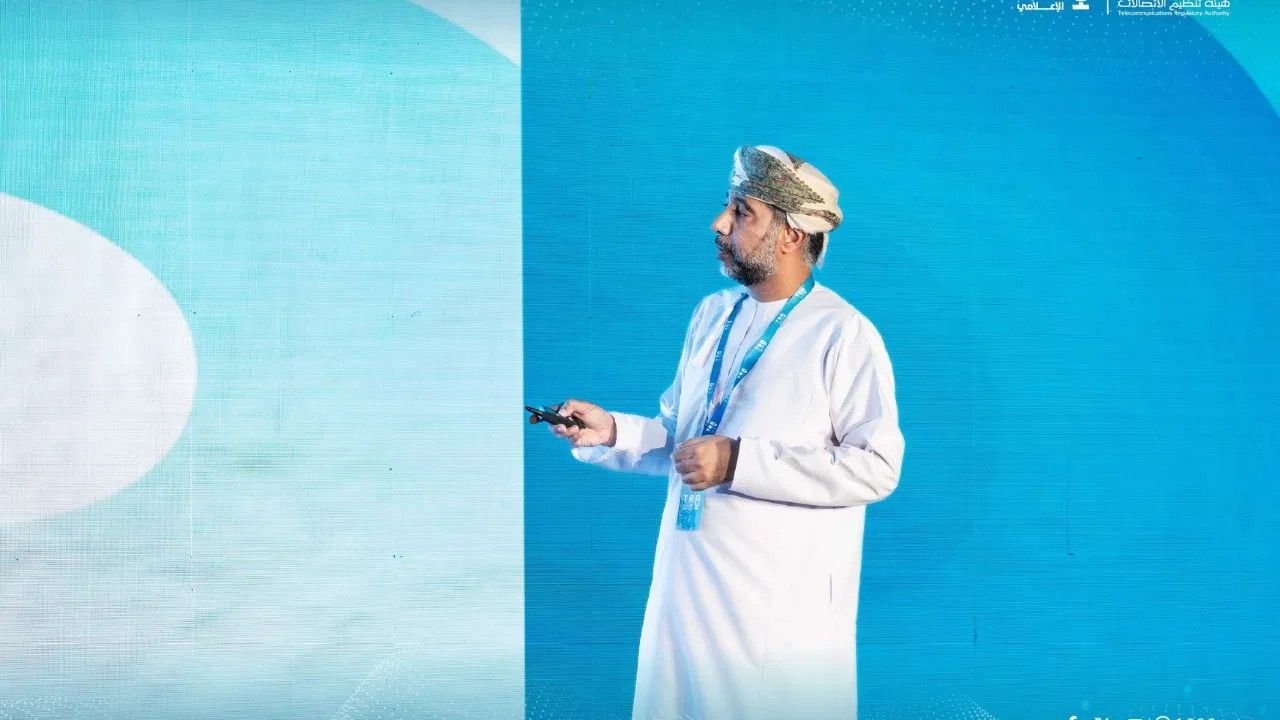Egypt has unveiled a National Smart Cities Strategy designed to modernize existing urban centers and build new smart cities, aiming to address rapid urbanization, climate pressures, and the need for inclusive economic growth. Announced on September 30 by the Ministry of Housing and Urban Communities, the plan seeks to integrate advanced technologies, sustainability, and citizen-focused governance into urban planning.
Local Development Minister and acting Environment Minister Manal Awad described the initiative as a “transformative shift” in Egypt’s urban agenda, highlighting its focus on spatial justice, climate resilience, and opportunities for social inclusion. The program will modernize current cities through upgraded infrastructure, improved public services, and restructuring of informal areas, while simultaneously developing new smart cities to manage population growth and foster innovation.
The new cities will feature connected infrastructure, intelligent transport systems, optimized energy and water management, and digitized public services. Authorities emphasized that citizens remain at the core of the strategy, ensuring technology enhances accessibility, safety, and quality of life.
The initiative comes amid forecasts by UN-Habitat that Africa’s urban population will double by 2050, placing heavy demands on housing, mobility, and public services. With over 110 million people, Egypt is confronting similar pressures and intends to position itself as a regional hub for smart cities in North Africa and the Middle East.
If fully realized, the strategy is expected to ease congestion, improve service delivery, generate jobs in the digital economy, and strengthen resilience against climate challenges—marking a major step toward more efficient, inclusive, and sustainable cities.















